From vegan to carnivore
A couple of weeks ago, I shared a post on Nostr about my curiosity surrounding the carnivore diet. As someone who spent over 20 years as a vegetarian — including five strict vegan years — it’s been a wild shift. I’d been reading a lot about the diet’s potential benefits, especially for reducing fatigue and inflammation, and wondered if it could help me as a runner and a woman constantly battling low energy.
What I didn’t expect was how fascinating, hilarious, and downright strange this journey would be, especially as someone who grew up in Berlin, where meat-eaters are often seen as the enemy. Let me walk you through my experience, from meat aversion to savoring steak, and everything in between.
## Why I became vegetarian
To understand my shift, you need to know where I came from. I grew up in Berlin in a household that valued high-quality food, including meat. My parents ate meat, but only the good stuff — local, organic, free from antibiotics. Still, I just *didn’t* like the taste of it. Even as a kid, I avoided meat whenever I could, and since most of my friends were vegetarian too, it felt completely normal.
When I moved to London in 2015, I took things further and went fully vegan. *Why?* Well, two reasons:
1. **Ethics & costs**: seeing a whole chicken priced at £3 made me question the source and quality of animal products in general. Eggs, dairy — where was this stuff even coming from?
2. **Health beliefs**: I was convinced I was lactose intolerant, so cutting dairy seemed like a no-brainer.
Back then, I was broke and couldn't afford organic groceries, so I stuck to a clean, whole-food, plant-based diet. No fake cheese or vegan "meat" substitutes - just veggies, grains, and nuts. It wasn't bad, but in hindsight, I realize I was often bloated and never truly satiated.
Back then, I was broke and couldn’t afford organic groceries, so I stuck to a clean, whole-food, plant-based diet. No fake cheese or vegan “meat” substitutes — just veggies, grains, and nuts. It wasn’t bad, but in hindsight, I realize I was often bloated and never truly satiated.
## Returning to eggs and fish
After a couple of years, I moved back to Berlin and started reintroducing eggs and fish into my diet. The change was *immediate*. I felt more awake and energized, and I began to notice how different foods made me feel. It wasn’t just about ideology anymore — it was about what my body needed.
Around this time, a friend stayed at my flat and threw out all the “junk” in my kitchen: seed oils, processed foods, and anything overly refined. In their place, they stocked my shelves with high-quality, nutrient-dense options. It was a turning point, but it still took me another year to reintroduce dairy. Cheese came first, but I avoided milk and yogurt for a long time, clinging to plant-based alternatives (minus soy — I’d given up on that).
## The Berlin steak
The real game-changer came this past September, a few weeks before I flew to Argentina. After years of avoiding meat, I decided to take the leap in Berlin, with the only three people I know who love meat that time.
I can still picture the scene. It was a cozy restaurant with friends who were as curious as I was about how this experiment would go. When the steak arrived, I was nervous - excited but hesitant. Cutting into it, I couldn't help but wonder, "Is this going to mess me up? Will I even like it?"
To my surprise, it was good. Really good. And for the first time in years, I felt full. Not bloated, not "I guess I ate something" full - but deeply, truly satisfied. That moment shattered so many of my mental barriers around meat. I didn't feel guilty, and more importantly, my body didn't rebel. It felt fine. It felt great, even.
That steak opened the door. A couple of weeks later, I boarded a plane to South America, ready to take this experiment to the next level.
## The South American meat adventure
Landing in Argentina — the global capital of steak — I knew this was the perfect place to dive deeper into my carnivore journey. Here, meat isn’t just food; it’s culture, art, and community. Surrounded by people who were thrilled to guide me, I started trying different cuts, exploring flavors, and, for the first time, cooking meat for myself.
What surprised me most was the quality. The meat here isn’t just any meat — it’s grass-fed, tender, and bursting with flavor. Every cut offered something new, and I began to see steak as more than “just meat.” It became a source of nourishment and enjoyment in a way I never thought possible.
At the same time, other small shifts began happening. I stopped drinking almond milk after realizing it was packed with seed oils, switching back to real milk. I traded plant-based yogurt for the real thing. Each step felt natural, and my body responded with more energy and clarity.
## The struggles
Not everything has been smooth sailing, though. One night, we went to a restaurant offering endless meat, including more adventurous options like chicken hearts. My friends encouraged me to try, but my brain wasn’t having it. Even wrapped in lettuce to disguise the texture, I couldn’t get past the mental block. Baby steps, right?
Two months into eating meat, I feel stronger than ever. I’m not constantly hungry, and for the first time, I’ve experienced what it feels like to be truly full after a meal. It’s a complete 180 from my vegan days, where I often felt bloated yet unsatisfied.
This journey has been as much about unlearning old beliefs as it has been about embracing new habits. While I’m still working on organ meats (maybe one day!), I’m excited to see where this path takes me.
To anyone considering a similar shift, I’ll say this: Listen to your body, take it one step at a time, and don’t be afraid to challenge your assumptions. My journey isn’t about proving one diet is better than another — it’s about finding what works for *me*.
Whether you’re a meat-lover or a lifelong vegetarian, I’d love to hear your thoughts. Have you ever tried a radical dietary change? What did you learn?Let’s keep the conversation going — meat or no meat!
####



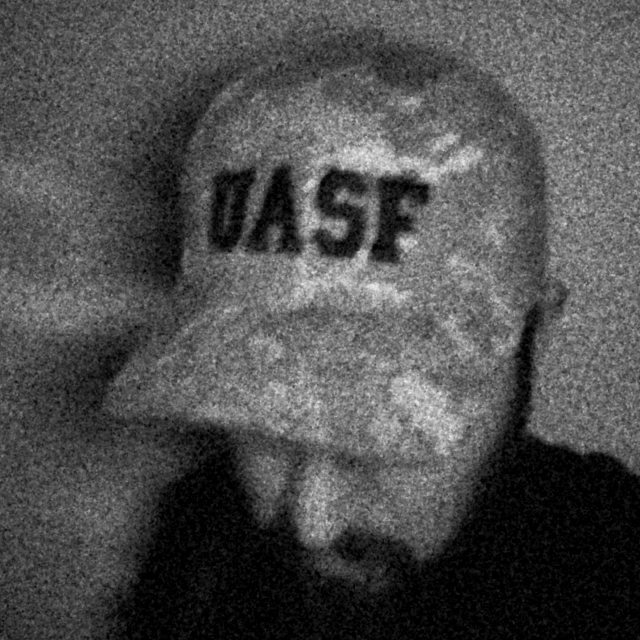

















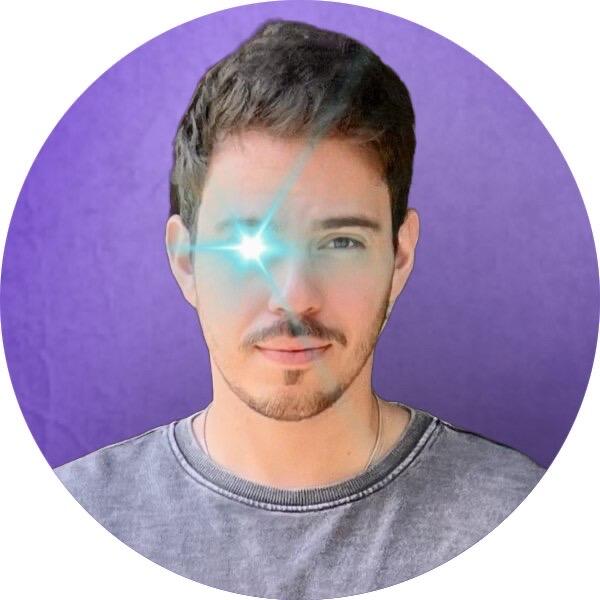

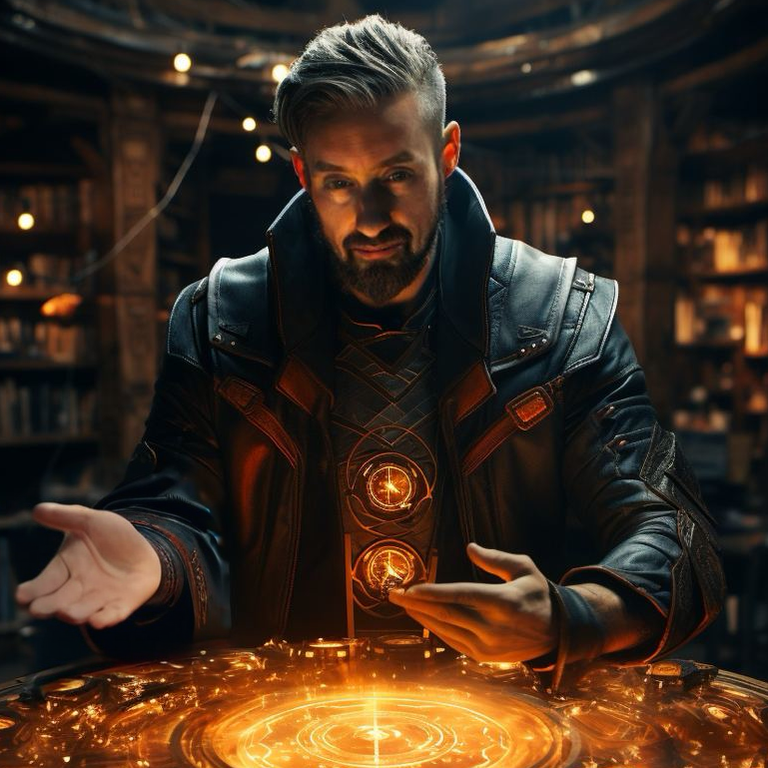

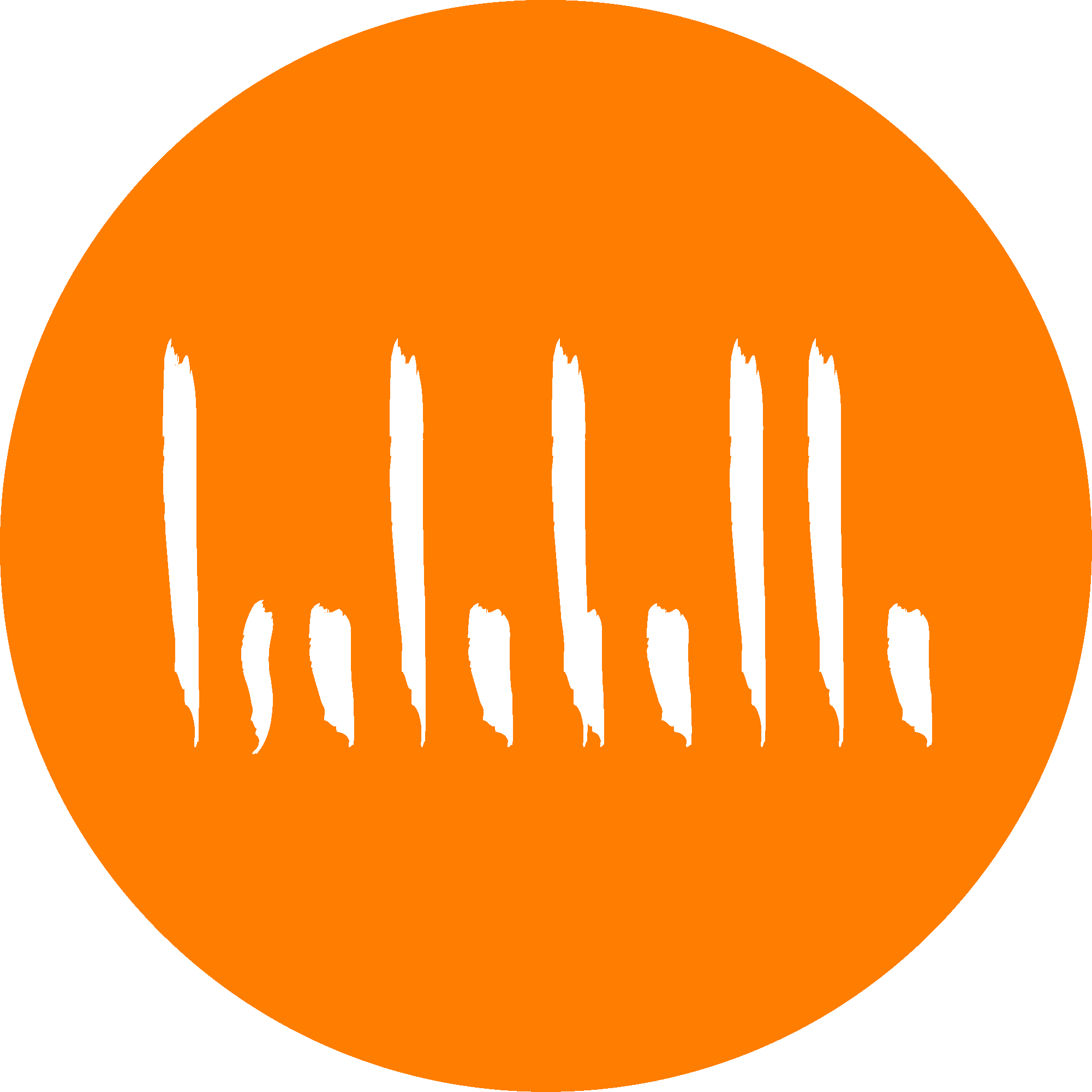




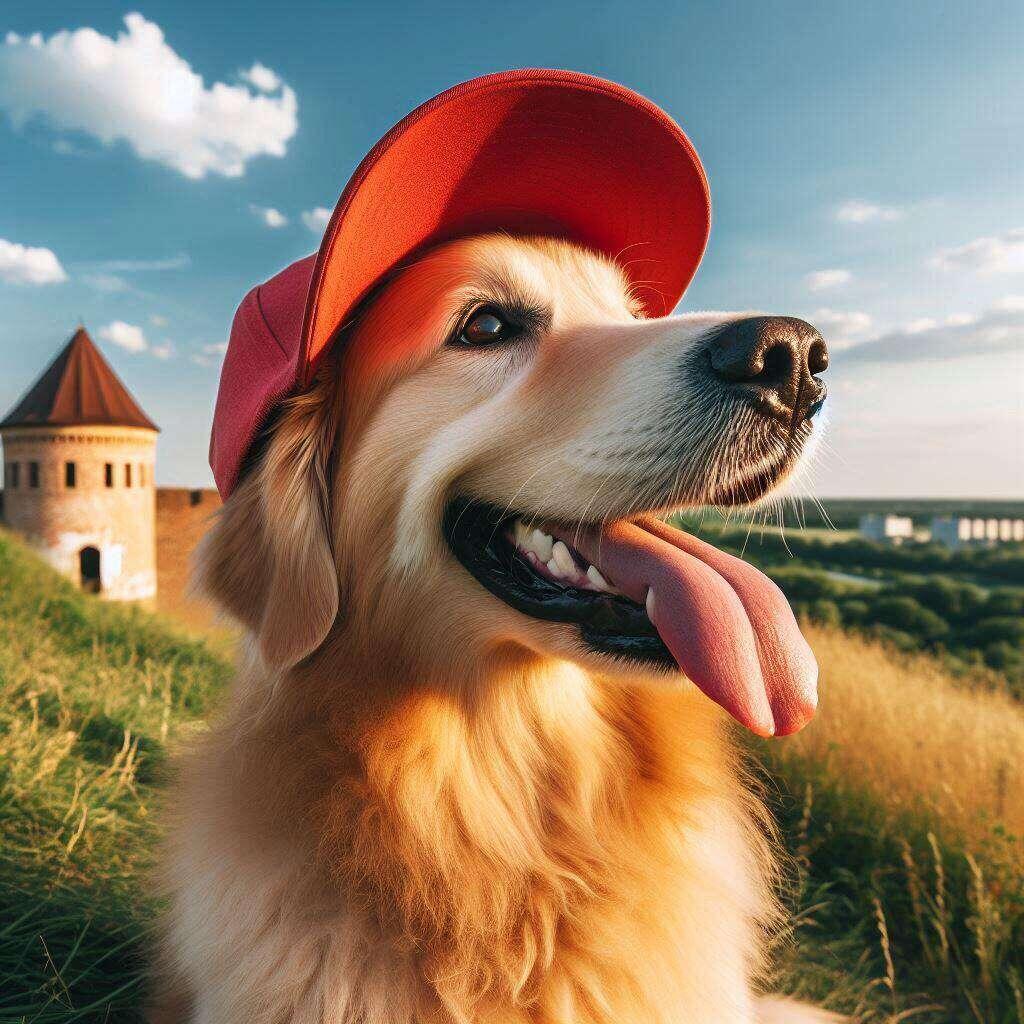


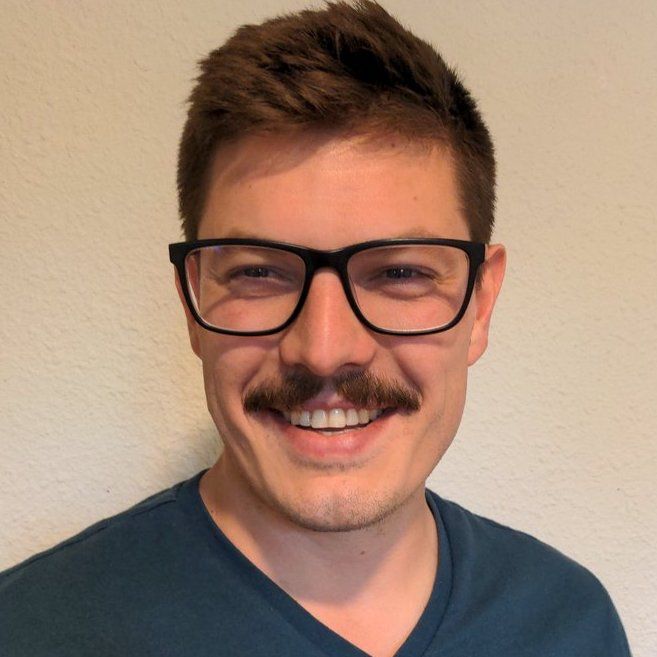




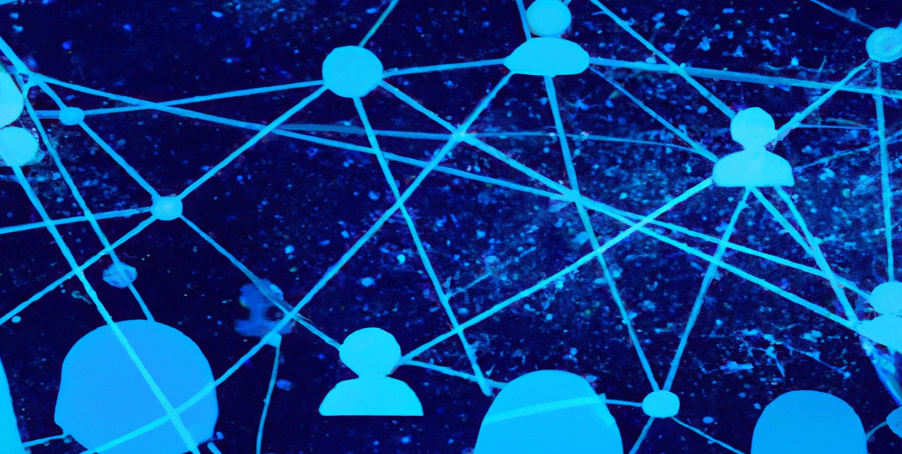





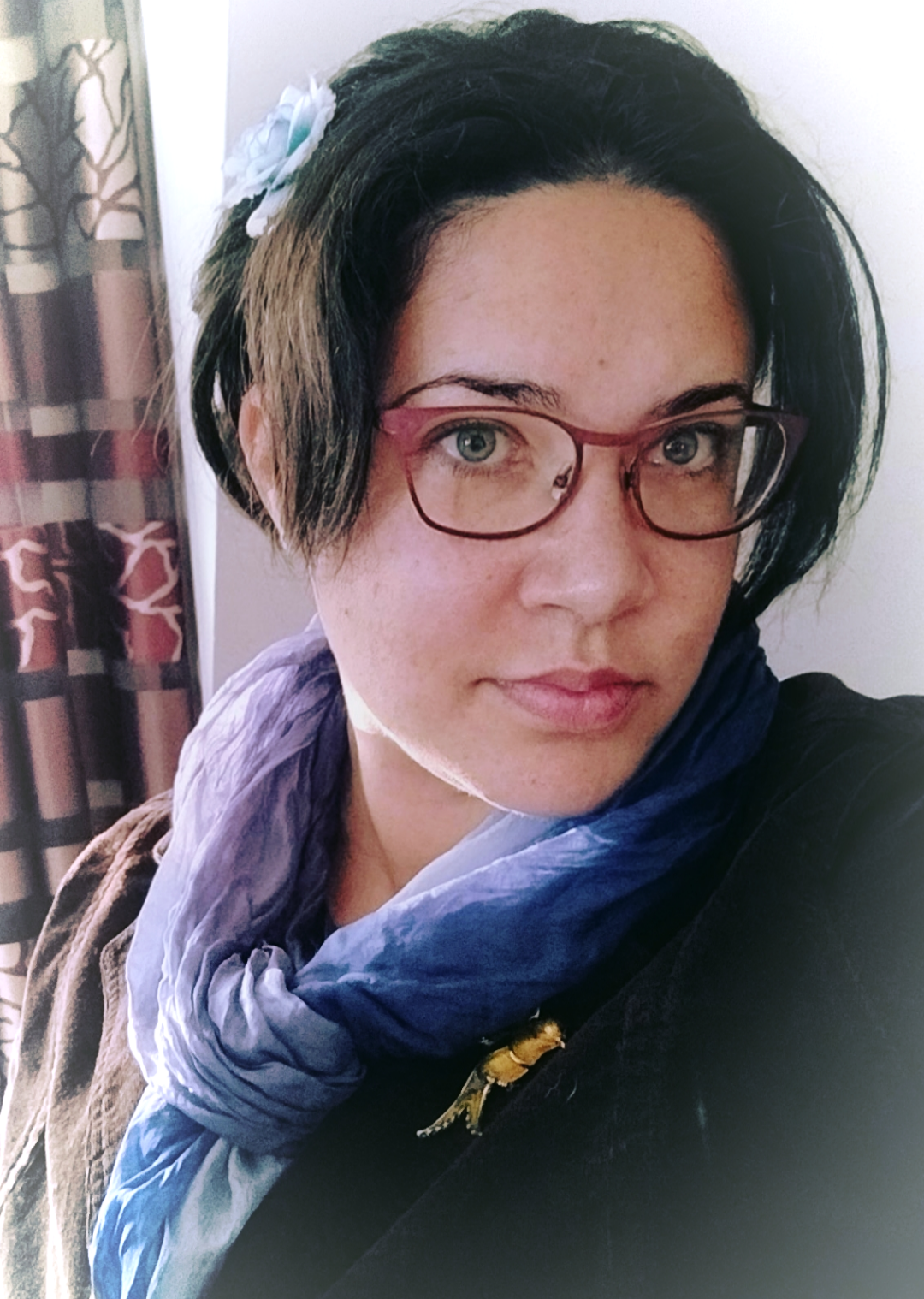
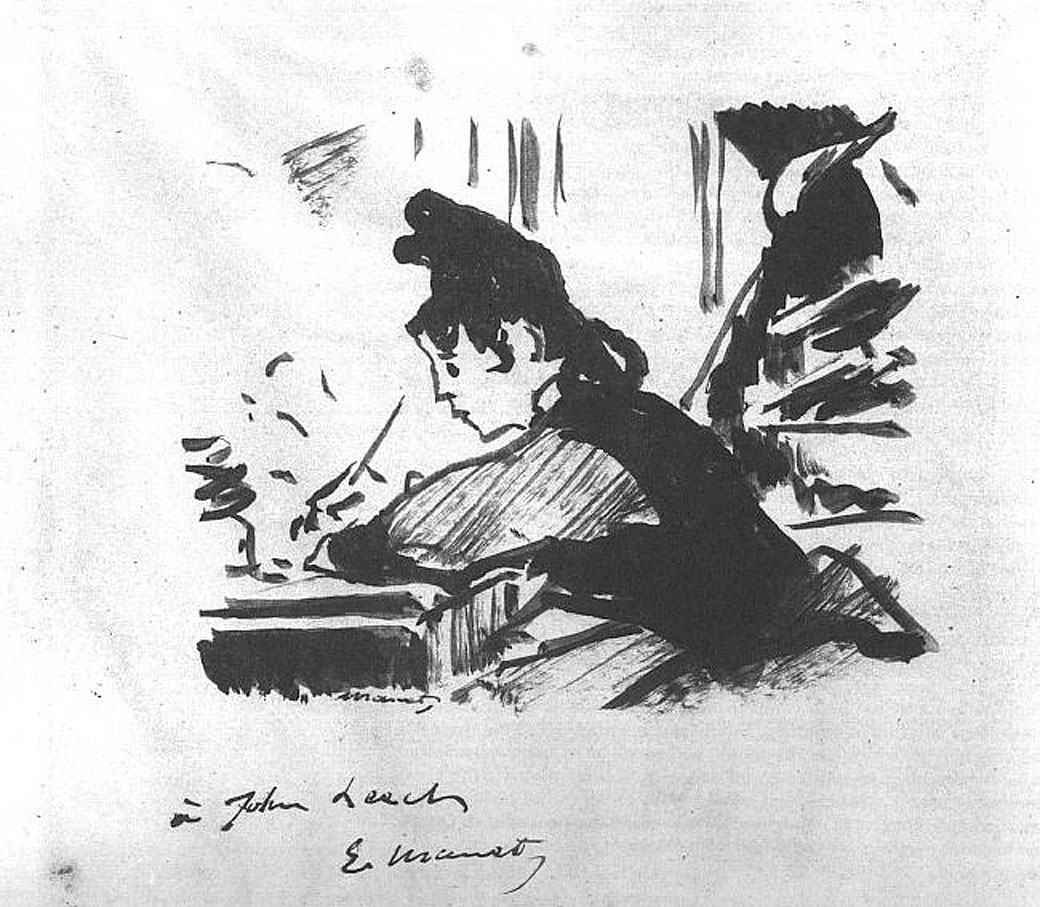


Social Media
We Deserve Better: A New Social Media Bill of Rights
*by Evan Henshaw-Plath — aka Rabble* Earlier this year, I was a part of a CNN documentary, [*Twitter: Breaking the Bird*](https://www.cnn.com/2025/03/15/tech/twitter-x-history-breaking-the-bird/index.html), which gave me much pause for reflection about the state of social media and how we got here. This year alone we’ve witnessed an unprecedented wave of disruption across these platforms. Government workers, locked out of their jobs, struggled to organize securely. Protestors seeking to plan No Kings marches, wondered which app could be the most trusted. Inbound international travelers have been deleting their social apps for fear that immigration officers will search their phones. And during major disasters, like the tragic Texas floods and the LA fires, emergency responders and volunteers find their critical updates buried by algorithms that prioritize engagement over urgency. On a daily basis, countless online communities face arbitrary deplatforming, surveillance, and loss of their digital spaces without recourse or explanation. These aren’t isolated incidents: they’re symptoms of a fundamental crisis in how we’ve allowed our digital communities to be governed. We’ve unwittingly accepted a system where massive corporations control the public sphere; algorithms optimize for advertising revenue rather than human connection, and we the people have no real agency over our digital existence. # **We’ve Lost Our Way** I’ve spent decades building social technologies, including working at Odeo, the company that ultimately pivoted to become Twitter. There I was the social app’s first employee and de facto CTO until late 2006; and have since built numerous other community organizing platforms. I’ve watched with growing concern as our digital spaces have become increasingly toxic and hostile to genuine community needs. The promise of social media as we defined it in the early days — to connect and empower communities of people — has been subverted by a business model that treats human connection as a commodity to be monetized. Today, if you run a Facebook Group with thousands of members, you have no real authority — your community exists at the whim of corporate policies you cannot influence. This is fundamentally at odds with how real-world communities have always operated. Your local gardening club, bowling league, or neighborhood association, has democratic processes for leadership and decision-making. Why should our digital communities be any different? # **It’s Time For a New Social Media Bill Of Digital Rights** I believe that the time has come for a new Social Media Bill of Digital Rights. Just as the original Bill of Rights protected individual freedoms from government overreach, we need fundamental protections for our digital communities from corporate control and surveillance capitalism. So what could such a [*Social Media Bill of Rights*](http://revolution.social/) include? 1. **The right to privacy & security:** The ability to communicate and organize without fear of surveillance or exploitation. 2. **The right to own and control your identity: **People and their communities must own their digital identities, connections and data. And, as the owner of an account, you can exercise the right to be forgotten. 3. **The right to choose and understand algorithms (transparency):** Choosing the algorithms that shape your interactions: no more black box systems optimizing for engagement at the expense of community well-being. 4. **The right to community self-governance**: Crucially, communities of users need the right to self-govern, setting their own rules for behaviour which are contextually relevant to their community. (Note: this does not preclude developer governance.) 5. **The right to full portability — the right to exit: **The freedom to port your community in its entirety, to another app without losing your connections and content. To determine whether these are the appropriate “Rights”, I’ve just launched a new podcast, [*Revolution.Social*](http://Revolution.Social) where I invite my guests, including the likes of Jack Dorsey, Cory Doctorow, Yoel Roth, Kara Swisher and Renee DiResta, to share their feedback and debate where we need to head next. # **Architecting For A Better Future** The good news is that the technical foundations for a better future already exist through open protocols that work like the web itself — interconnected and controlled by no single entity. * The Fediverse, powered by ActivityPub, enables platforms like Mastodon to create interconnected communities free from corporate control. * Nostr provides a foundation for decentralized, encrypted communication that no one can shut down. * BlueSky is pioneering user choice in algorithms. * Signal demonstrates that private, secure communication is possible at scale. Unlike the walled gardens of Meta, TikTok, and Twitter (now X), these open protocols allow communities to connect across platforms while maintaining control of their spaces. When you use email or browse the web, you don’t worry about which email provider or browser your friends use — it just works. Our social spaces should function the same way. What’s missing is the bridge between these technical capabilities and the tools communities actually need to thrive. We need to move from closed, corporate platforms to open protocols that communities can shape and control. This isn’t just a technical challenge — it needs to become a social movement. We need to build systems that are co-designed with communities, that respect their autonomy, and that enable their authentic purposes. This isn’t a utopian vision — it’s an extension of how human communities have always worked. The gardening club raises money for soil and seeds. The sailing club maintains boats for teaching kids. Communities have always had the ability to self-organize, self-govern, and self-fund. We simply need to bring these proven models into our digital spaces. # **How You Can Begin To Make Change Happen** The path forward begins with understanding that we are not passive consumers of social media — we are active participants in shaping its future. Start by exploring and supporting open protocols and platforms. Join communities on Nostr, Mastodon or BlueSky. Demand transparency and control from the services you use. Join the growing movement of technologists, activists, and community leaders working to build better digital spaces. We deserve better than what today’s social media platforms offer. We have the technical knowledge, the social understanding, and the urgent necessity to build something better. The question is no longer whether we can create more equitable and empowering digital spaces — it’s whether we will choose to do so. The moment for this transformation is now. As our lives become increasingly digital, we cannot afford to leave our communities at the mercy of corporate platforms and profit-driven algorithms. We must reclaim our digital spaces and establish the fundamental rights that will allow our communities to truly thrive in the digital age. Watch this space: I’m actively working with other community leaders to build better tools for our digital communities, as [*this recent article in Techcrunch*](https://techcrunch.com/2025/07/16/jack-dorsey-pumps-10m-into-a-nonprofit-focused-on-open-source-social-media/) describes. *Note*: this article also appears in Techdirt.
Our Social Media
Learning from our past to create a better future
Decentralized Media Hosting via Blossom
Blossom is a simple solution to a complex problem made possible by the fact that Nostr exists. In this article I will explain what Blossom is, how it works, and how you can leverage it from Primal to create more resilient content on Nostr.
a native internet protocol for social media
There’s a lot of conversation around the #TwitterFiles. Here’s my take, and thoughts on how to fix the issues identified. I’ll start with the principles I’ve come to believe…based on everything I’ve learned and experienced through my past actions as a Twitter co-founder and lead: 1. Social media must be resilient to corporate and government control. 2. Only the original author may remove content they produce. 3. Moderation is best implemented by algorithmic choice. The Twitter when I led it and the Twitter of today do not meet any of these principles. This is my fault alone, as I completely gave up pushing for them when an activist entered our stock in 2020. I no longer had hope of achieving any of it as a public company with no defense mechanisms (lack of dual-class shares being a key one). I planned my exit at that moment knowing I was no longer right for the company. The biggest mistake I made was continuing to invest in building tools for us to manage the public conversation, versus building tools for the people using Twitter to easily manage it for themselves. This burdened the company with too much power, and opened us to significant outside pressure (such as advertising budgets). I generally think companies have become far too powerful, and that became completely clear to me with our suspension of Trump’s account. As I’ve said before, we did the right thing for the public company business at the time, but the wrong thing for the internet and society. Much more about this here: https://twitter.com/jack/status/1349510769268850690 I continue to believe there was no ill intent or hidden agendas, and everyone acted according to the best information we had at the time. Of course mistakes were made. But if we had focused more on tools for the people using the service rather than tools for us, and moved much faster towards absolute transparency, we probably wouldn’t be in this situation of needing a fresh reset (which I am supportive of). Again, I own all of this and our actions, and all I can do is work to make it right. Back to the principles. Of course governments want to shape and control the public conversation, and will use every method at their disposal to do so, including the media. And the power a corporation wields to do the same is only growing. It’s critical that the people have tools to resist this, and that those tools are ultimately owned by the people. Allowing a government or a few corporations to own the public conversation is a path towards centralized control. I’m a strong believer that any content produced by someone for the internet should be permanent until the original author chooses to delete it. It should be always available and addressable. Content takedowns and suspensions should not be possible. Doing so complicates important context, learning, and enforcement of illegal activity. There are significant issues with this stance of course, but starting with this principle will allow for far better solutions than we have today. The internet is trending towards a world were storage is “free” and infinite, which places all the actual value on how to discover and see content. Which brings me to the last principle: moderation. I don’t believe a centralized system can do content moderation globally. It can only be done through ranking and relevance algorithms, the more localized the better. But instead of a company or government building and controlling these solely, people should be able to build and choose from algorithms that best match their criteria, or not have to use any at all. A “follow” action should always deliver every bit of content from the corresponding account, and the algorithms should be able to comb through everything else through a relevance lens that an individual determines. There’s a default “G-rated” algorithm, and then there’s everything else one can imagine. The only way I know of to truly live up to these 3 principles is a free and open protocol for social media, that is not owned by a single company or group of companies, and is resilient to corporate and government influence. The problem today is that we have companies who own both the protocol and discovery of content. Which ultimately puts one person in charge of what’s available and seen, or not. This is by definition a single point of failure, no matter how great the person, and over time will fracture the public conversation, and may lead to more control by governments and corporations around the world. I believe many companies can build a phenomenal business off an open protocol. For proof, look at both the web and email. The biggest problem with these models however is that the discovery mechanisms are far too proprietary and fixed instead of open or extendable. Companies can build many profitable services that complement rather than lock down how we access this massive collection of conversation. There is no need to own or host it themselves. Many of you won’t trust this solution just because it’s me stating it. I get it, but that’s exactly the point. Trusting any one individual with this comes with compromises, not to mention being way too heavy a burden for the individual. It has to be something akin to what bitcoin has shown to be possible. If you want proof of this, get out of the US and European bubble of the bitcoin price fluctuations and learn how real people are using it for censorship resistance in Africa and Central/South America. I do still wish for Twitter, and every company, to become uncomfortably transparent in all their actions, and I wish I forced more of that years ago. I do believe absolute transparency builds trust. As for the files, I wish they were released Wikileaks-style, with many more eyes and interpretations to consider. And along with that, commitments of transparency for present and future actions. I’m hopeful all of this will happen. There’s nothing to hide…only a lot to learn from. The current attacks on my former colleagues could be dangerous and doesn’t solve anything. If you want to blame, direct it at me and my actions, or lack thereof. As far as the free and open social media protocol goes, there are many competing projects: @bluesky is one with the AT Protocol, nostr another, Mastodon yet another, Matrix yet another…and there will be many more. One will have a chance at becoming a standard like HTTP or SMTP. This isn’t about a “decentralized Twitter.” This is a focused and urgent push for a foundational core technology standard to make social media a native part of the internet. I believe this is critical both to Twitter’s future, and the public conversation’s ability to truly serve the people, which helps hold governments and corporations accountable. And hopefully makes it all a lot more fun and informative again. 💸🛠️🌐 To accelerate open internet and protocol work, I’m going to open a new category of #startsmall grants: “open internet development.” It will start with a focus of giving cash and equity grants to engineering teams working on social media and private communication protocols, bitcoin, and a web-only mobile OS. I’ll make some grants next week, starting with $1mm/yr to Signal. Please let me know other great candidates for this money.